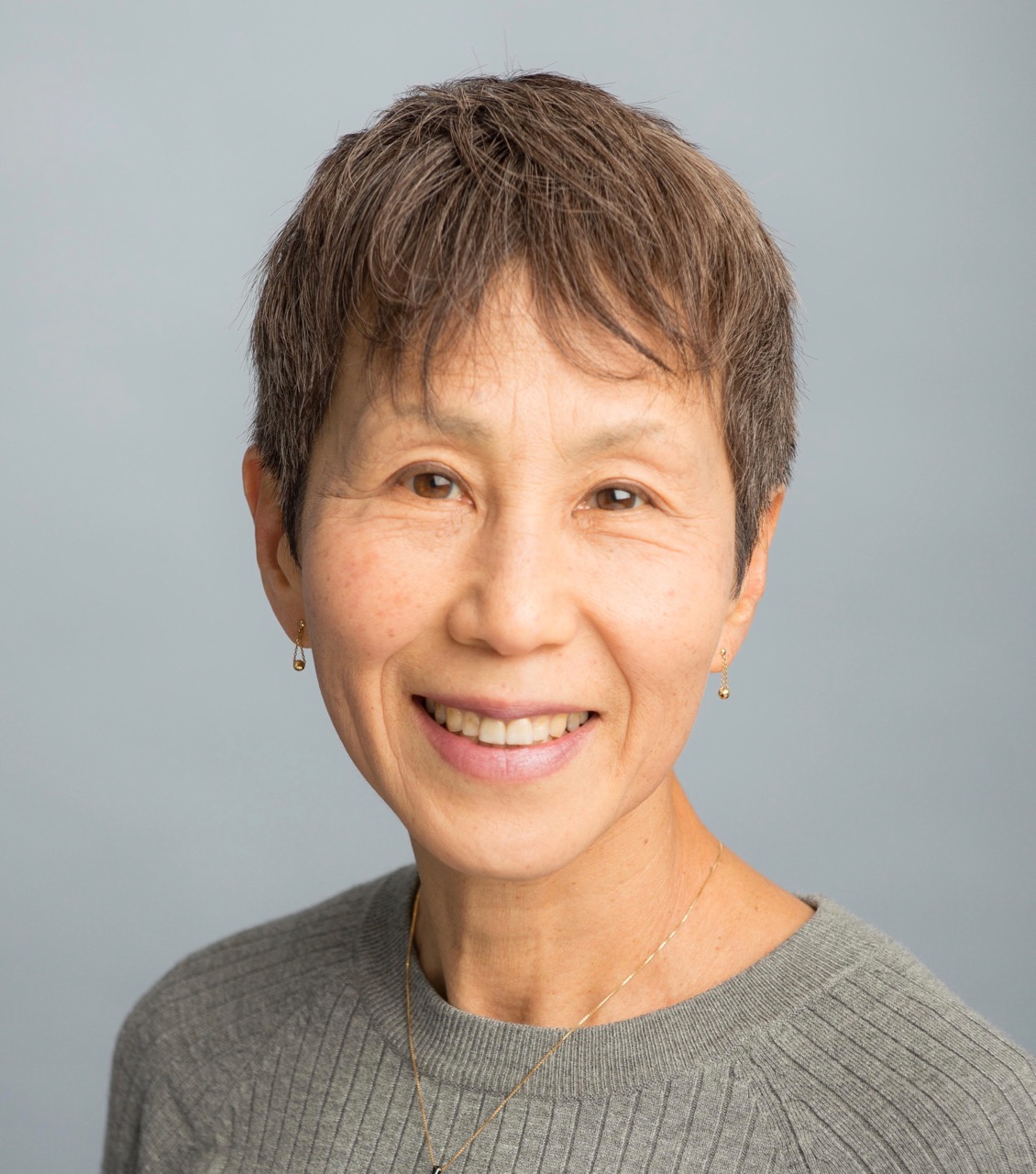Engagement in Praxis in Critical Applied Linguistics
2020 DSSA Winner: Ryuko Kubota, University of British Columbia
This presentation will take place on Monday, March 30, 2020 from 2:25 to 3:30 PM in Windows of the Sheraton Denver Downtown Hotel.
Abstract
This talk will advocate increased engagement in praxis—critical reflection and action—in critical applied linguistics. Critical approaches to applied linguistics have exposed and problematized hegemony and unequal relations of power in various language-related issues. As such, the critical lens applies to all inquiry areas within applied linguistic, which by AAAL definition develops “its own knowledge-base about language, its users and uses, and their underlying social and material conditions.” As this definition indicates, applied linguistics, as in other disciplines, is primarily concerned with knowledge generation and circulation. Critical applied linguistics has also contributed to the development of the knowledge-base by questioning taken-for-granted assumptions. Indeed, multiple concepts and theoretical frameworks for critical inquiry—from linguistic imperialism, poststructuralism, and critical pedagogies to issues of race, neoliberalism, and colonialism—have expanded our critical understanding.
Yet, language-related problems persist in real-world settings. They include the privileging of elite bilingualism at the cost of indigenous or minoritized students’ plurilingual development, racist policies and practices in hiring teachers, test-driven language education profiting testing and related industries, and many more. Our efforts to critically address language-related issues do not seem to significantly improve real-world conditions.
Recently, critical scholars have paid increased attention to the political economy in language studies. While this interest in materiality extends the existing popularity of poststructuralist analysis of discourse and identity, examining the political economy is also likely to result in the mere development of our knowledge-base. Furthermore, critical applied linguists’ continued engagement in this intellectual exercise can easily be absorbed in the neoliberal institutional regime that primarily rewards quantitatively measured scholarly productivity. It is imperative for us to continue affirming various kinds of difference and critiquing material conditions, but we also must enact our criticality for establishing anti-racist, anti-oppressive, and anti-neoliberal policies and practices through public scholarship and scholarly activism.
Bio
 Ryuko Kubota is a Professor in the Department of Language and Literacy Education at University of British Columbia, Canada, where she teaches applied linguistics and teacher education. Her research draws on critical approaches to second language education, focusing on race, culture, and language ideologies. Her publications appear in such journals as Applied Linguistics, Critical Inquiry in Language Studies, Journal of Multilingual and Multicultural Development, Journal of Second Language Writing, TESOL Quarterly, and World Englishes. She is a co-editor of Race, culture, and identities in second language education: Exploring critically engaged practice (Routledge 2009). She has also published actively in Japanese.
Ryuko Kubota is a Professor in the Department of Language and Literacy Education at University of British Columbia, Canada, where she teaches applied linguistics and teacher education. Her research draws on critical approaches to second language education, focusing on race, culture, and language ideologies. Her publications appear in such journals as Applied Linguistics, Critical Inquiry in Language Studies, Journal of Multilingual and Multicultural Development, Journal of Second Language Writing, TESOL Quarterly, and World Englishes. She is a co-editor of Race, culture, and identities in second language education: Exploring critically engaged practice (Routledge 2009). She has also published actively in Japanese.
